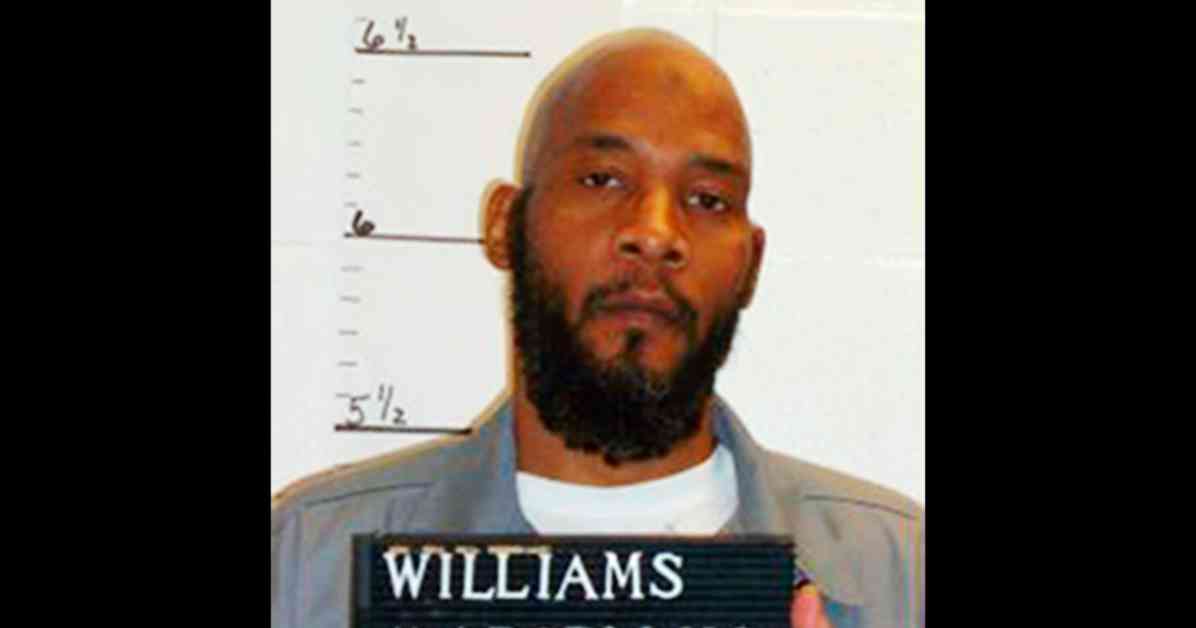Marcellus Williams Execution: Missouri Supreme Court Allows Tuesday Proceeding
The impending execution of Marcellus Williams in Missouri has sparked controversy and raised questions about the fairness of the judicial system. Despite last-minute appeals and efforts to halt the lethal injection, the Missouri Supreme Court and Governor Mike Parson have decided to proceed with the execution as scheduled on Tuesday.
Legal Battle Over Jury Selection
At the heart of the debate is the issue of jury selection and alleged racial bias. Williams’ attorney argued that a trial attorney prevented a Black man who resembled the defendant from serving on the jury, raising concerns about the fairness of the trial. However, the state Supreme Court rejected this argument, stating that there was no credible evidence of actual innocence or constitutional errors that would undermine confidence in the original judgment.
Williams, who maintains his innocence, is facing execution for the 1998 stabbing death of Lisha Gayle in University City. His attorney focused on alleged procedural errors in jury selection and the prosecution’s handling of the murder weapon, rather than pursuing the innocence claim before the state’s highest court.
Calls for Clemency and Legal Challenges
Williams had sought clemency from Governor Parson, citing the wishes of Gayle’s family to commute the sentence to life in prison without parole. However, Parson, a former sheriff with a history of not granting clemency, decided to proceed with the execution following the state Supreme Court’s ruling.
The NAACP and advocacy groups like the Midwest Innocence Project have urged Parson to reconsider, citing concerns about the integrity of the criminal justice system. Tricia Rojo Bushnell, executive director of the Midwest Innocence Project, expressed doubts about Williams’ guilt and called for the courts to intervene to prevent what she deemed an “irreparable injustice.”
Legal Maneuvers and New Evidence
Williams’ case has seen multiple twists and turns, with last-minute stays of execution and new evidence emerging over the years. DNA testing, which played a crucial role in previous delays, was unable to conclusively prove Williams’ innocence. Despite challenges to the prosecution’s case and questions about the handling of evidence, the state Supreme Court upheld the conviction and death sentence.
The prosecutor in Williams’ case, Keith Larner, testified about the jury selection process, denying any racial motivations in excluding potential jurors. However, new revelations about the prosecutor’s practices and admissions of racial bias have raised doubts about the fairness of the trial. The state Supreme Court, while acknowledging the concerns raised, ultimately upheld its previous rulings on the case.
The Road to Execution
With the execution scheduled to proceed, Williams faces the ultimate punishment for a crime he maintains he did not commit. The case has reignited debates about the death penalty, racial bias in the legal system, and the need for greater scrutiny in capital punishment cases. As the clock ticks down to the scheduled execution time, the fate of Marcellus Williams hangs in the balance, with advocates and legal experts continuing to fight for justice and fairness in the judicial process.























